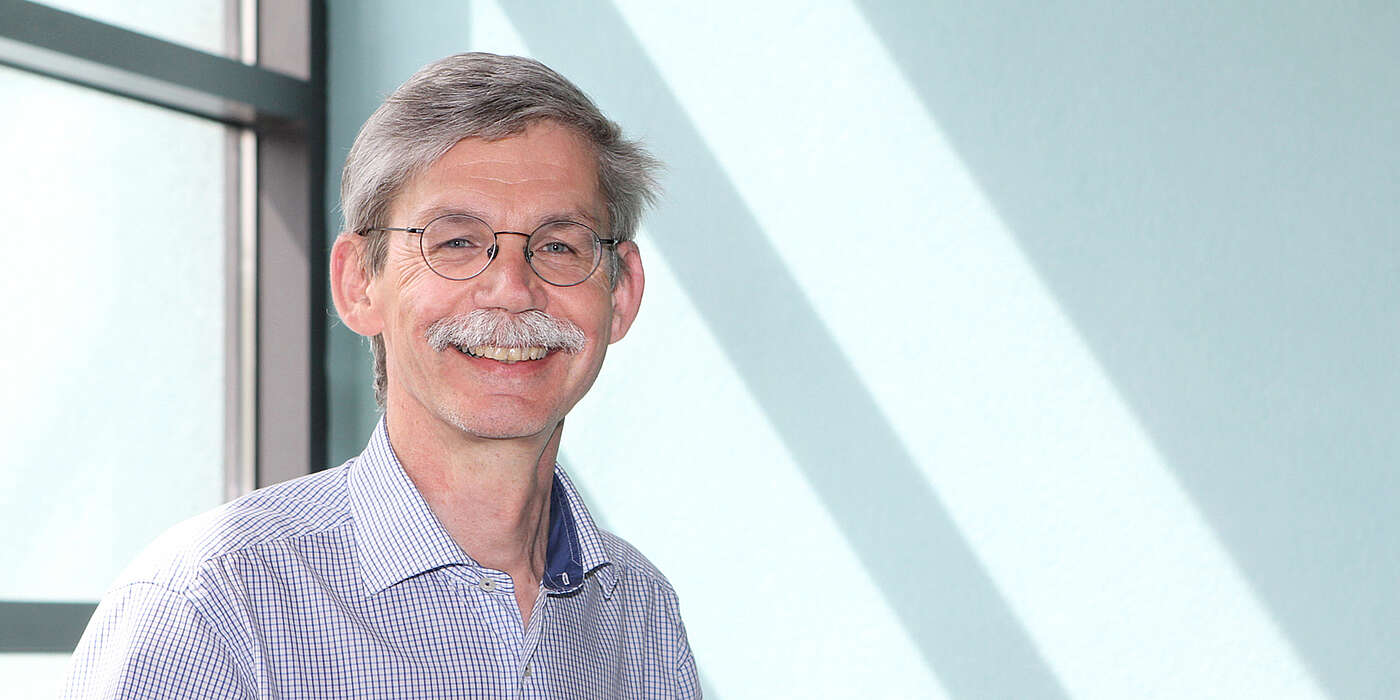A farewell event will be held on June 4, 2021, at 4 p.m. in honor of Martin Spiess, who has been Professor of Biochemistry at the Biozentrum since 1986. The program includes a welcome speech as well as words of thanks by the Director of the Biozentrum, Prof. Alex Schier, and the President of the University of Basel, Prof. Andrea Schenker-Wicki, a recognition of Spiess’ scientific achievements by his longtime colleague at the Biozentrum, Prof. Michael N. Hall, and a farewell lecture by Martin Spiess entitled “In and out of membranes”. Those interested in joining this event online are kindly requested to register.
Transport of proteins in the cell
From the very start, Martin Spiess’ focused on studying the transport of membrane proteins in the cell. Membranes surround our cells and separate the cell interior into separate compartments and organelles. They consist of a lipid layer and embedded proteins. These membrane proteins are responsible for a wide range of tasks including the transport of molecules such as hormones and other proteins from the cell surface into the interior of the cell or out of the cell again.
Spiess' research group investigated protein traffic within cells, in particular how they are incorporated into or passed through membranes to reach their final destination. For example, proteins produced in the endoplasmic reticulum are sorted into vesicles, transported to the Golgi apparatus and then to the cell surface. Among other things, Spiess’ provided important insights into the function of the so-called translocon, a protein gate which integrates protein segments into the membrane or shuttles them through, depending on their properties. A further focus of his work was the transport and secretion of peptide hormones.
Dedicated researcher, teacher and Dean
During his career, Spiess published over 100 articles in scientific journals. He began his studies in biochemistry in 1974 at ETH Zurich, where he graduated with his doctorate in 1982. After completing a three-year research fellowship at the Massachusetts Institute of Technology and Whitehead Institute for Biomedical Research in Cambridge, USA, he returned to ETH Zurich. In 1986, he was appointed to the Biozentrum of the University of Basel, where he conducted research and taught, initially as an Assistant and Associate Professor and since 2004 as Full Professor of Biochemistry. In addition to his research and teaching activities, Spiess also made his mark as Dean of the Faculty of Science. His first term lasted from 2010 to 2012, the second began in 2017 and ended last January. Moreover, Spiess is also a member of various scientific organizations, as well as an elected member of the distinguished European Molecular Biology Organization (EMBO) and since recently president of the Pro Entomologia foundation.
Contact: Communications, Katrin Bühler



